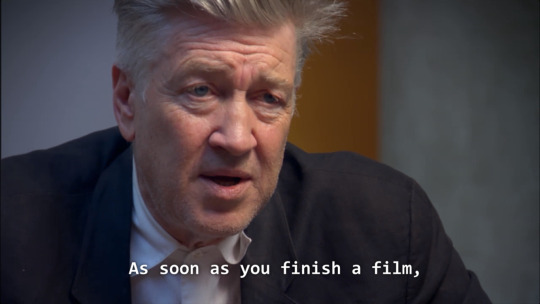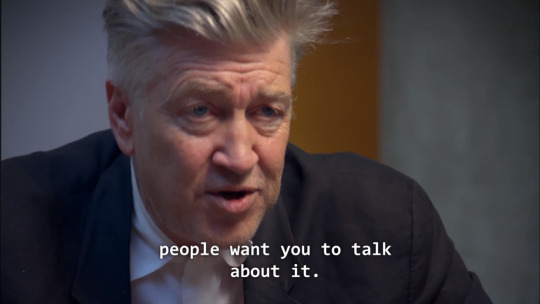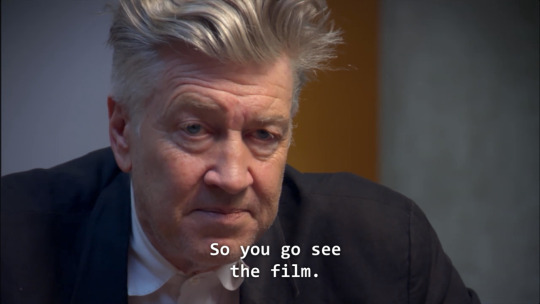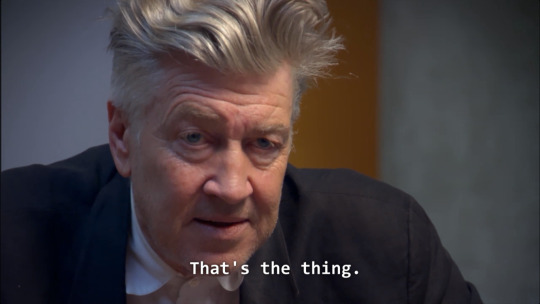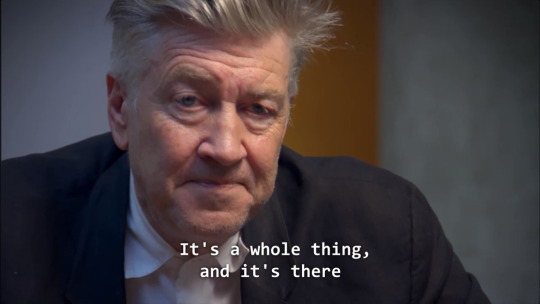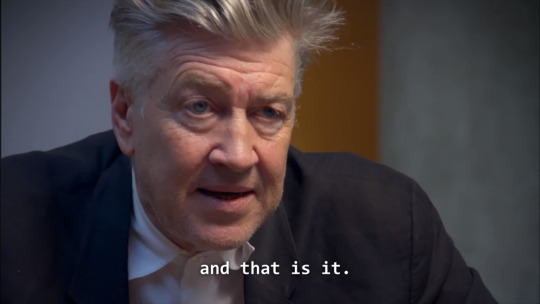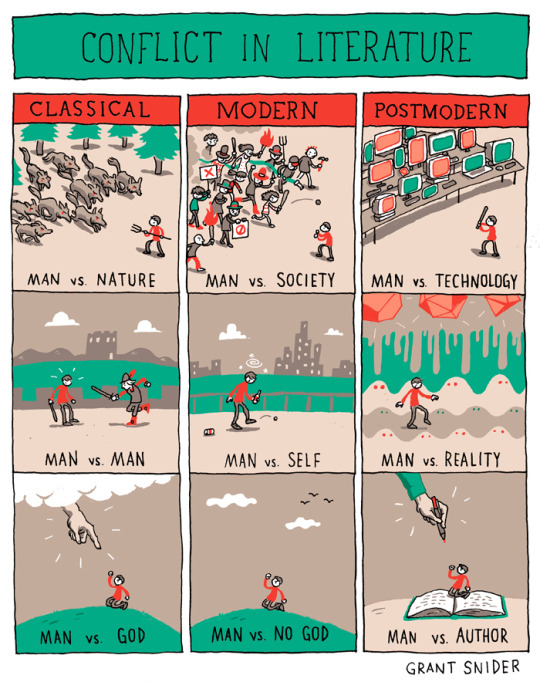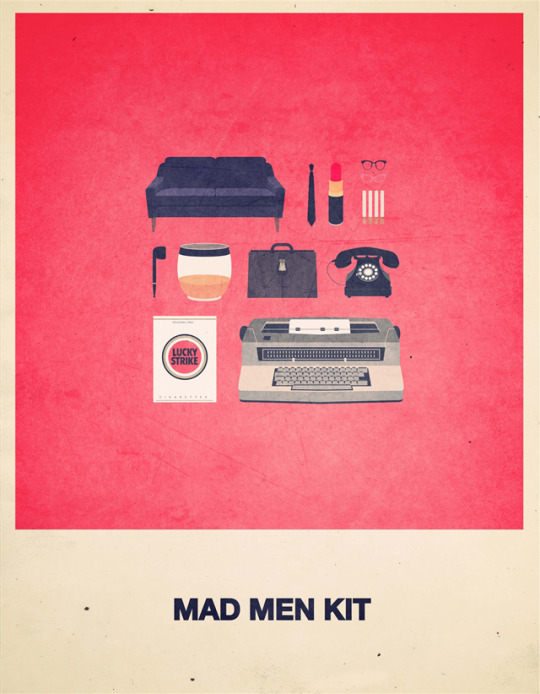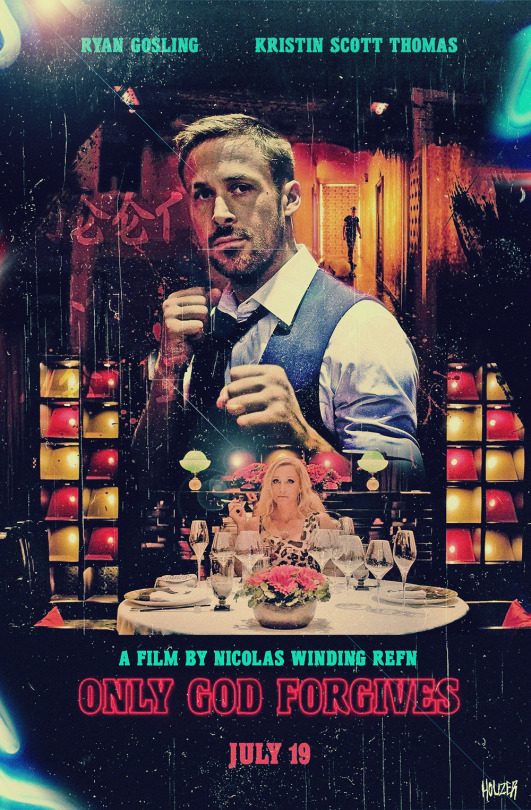Don't wanna be here? Send us removal request.
Quote
The lumbering big utilities that are so used to taking three months to study this and then six months to do that — what they don’t understand is that things are moving at the speed of business. Like with digital photography — this is inevitable.
James Whitcomb, chief executive of Haleakala Solar, a solar power company in Hawaii, on the rise of solar (particularly in Hawaii). (via parislemon)
25 notes
·
View notes
Text
Apple, U2, and identity
David Holmes (not that David Holmes) writing for Pando on "Why the outrage over Apple’s U2 stunt is good news for the future of music":
And yet, people still care about having a self-curated library of songs. They still think of it as a reflection of their identity. Otherwise, the feeling of betrayal at having a corporation slot an album into your music library against your will likely would not have been so palpable.
0 notes
Text
Pinterest: the database of intentions
This was everywhere last week, but in case you missed it, Alexis Madrigal's Atlantic interview with Pinterest co-founder Evan Stone is a great read, particularly if you buy into Benedict Evan's notion that we're in the pre-pagerank phase of mobile internet usage.
My contention is that Pinterest is one of the four ways that people find things on the Internet. The default, of course, is Googling (or—fine, Microsoft—Binging). For real-time searches, there is Twitter. For people or entities, there's Facebook. But if what you want to find are things, objects, then Pinterest is the way to go.
They cover a lot of topics, including about Pinterest's product differentiation; the balance of machine learning versus highly distributed editorial curation; deferring obvious revenue models as the value to consumers is still taking shape; and much more.
1 note
·
View note
Text
Ignore social media marketing*
* with some exceptions.
A great post from Jason Stoddard about the impact of traditional media coverage, with some very entertaining (and potentially controversial, in many circles) digressions on social media marketing, specifically:
If you’re an entertainment company, social marketing is the greatest thing since sliced cheese. It should absolutely be front and center in your plans. Every entertainment social media program we did produced 10-100x the results of an equivalent investment in conventional media
If you’re not an entertainment company, social marketing is really, really dumb—easily the biggest time-sink and resource-eater out there, with returns 1/10 to 1/100 of an equivalent investment in conventional media
And...
Sorry, guys. People are on Facebook to talk to friends. Not shills.
They’re watching YouTube for funny cat videos, not smooth-talking tours of your factory set to some hip music.
They’re on Twitter to get celebrity tweets.
Et cetera. If you want to talk to your prospects effectively:
Clearly communicate the unique benefits of your products on a good, easy-to-use website.
Have a memorable brand.
Provide fast responses to any inquiries.
Take care of customer service before it spreads to Facebook.
Make sure the press (online and off) know when you have something new and cool, but otherwise stay out of their face.
Invest carefully in measurable marketing vehicles such as Adwords, reinvest in successful vehicles and revise or discontinue underperforming ones.
Continue improving your product so someone doesn’t have a clear, unique benefit over you before you know it.
And that is that. Social media will take care of itself, at that point.
“But wait, does that mean we can pretty much ignore social media?” you ask.
To be blunt: yes.
This "ignore social media" advice is even more relevant if you are a business-to-business company—that is, selling products or services to businesses. Do not spend a single second on social media. Concentrate on the 7 points above. Don’t dismiss 1 and 2 because you’re B2B. And you’re done.
It's a great piece and worth a full read.
Via Marco Arment.
2 notes
·
View notes
Text
Ignore social media marketing*
* with some exceptions.
A great post from Jason Stoddard about the impact of traditional media coverage, with some very entertaining (and potentially controversial, in many circles) digressions on social media marketing, specifically:
If you’re an entertainment company, social marketing is the greatest thing since sliced cheese. It should absolutely be front and center in your plans. Every entertainment social media program we did produced 10-100x the results of an equivalent investment in conventional media
If you’re not an entertainment company, social marketing is really, really dumb—easily the biggest time-sink and resource-eater out there, with returns 1/10 to 1/100 of an equivalent investment in conventional media
And...
Sorry, guys. People are on Facebook to talk to friends. Not shills.
They’re watching YouTube for funny cat videos, not smooth-talking tours of your factory set to some hip music.
They’re on Twitter to get celebrity tweets.
Et cetera. If you want to talk to your prospects effectively:
Clearly communicate the unique benefits of your products on a good, easy-to-use website.
Have a memorable brand.
Provide fast responses to any inquiries.
Take care of customer service before it spreads to Facebook.
Make sure the press (online and off) know when you have something new and cool, but otherwise stay out of their face.
Invest carefully in measurable marketing vehicles such as Adwords, reinvest in successful vehicles and revise or discontinue underperforming ones.
Continue improving your product so someone doesn’t have a clear, unique benefit over you before you know it.
And that is that. Social media will take care of itself, at that point.
“But wait, does that mean we can pretty much ignore social media?” you ask.
To be blunt: yes.
This "ignore social media" advice is even more relevant if you are a business-to-business company—that is, selling products or services to businesses. Do not spend a single second on social media. Concentrate on the 7 points above. Don’t dismiss 1 and 2 because you’re B2B. And you’re done.
It's a great piece and worth a full read.
Via Marco Arment.
2 notes
·
View notes
Text
Brand management and technology
Essential piece by Ben Thompson about how technology is changing brands and branding. He touches on the implications of lower barriers to entry:
it is significantly easier today to get a startup off the ground; however, that actually means startups need more venture capital, not less, because the real challenge is marketing and/or sales (and thus, by extension, venture capital is bifurcating between very large and very small)
and e-commerce:
dominating shelf space was a core part of their strategy, and while I’m no mathematician, I’m pretty sure dominating an infinite resource is a losing proposition. What matters now is dominating search.
Great thinking and writing (as, by the way, are his very reasonably priced daily updates).
1 note
·
View note
Text
Let Me Google an Incoming Phone Number
The killer feature I want on my phone is a button that says "who the hell is this?"
2 notes
·
View notes
Text
#Homeshelf2014
A pretty simple concept (obviously based on #homescreen2014). One Billy shelf* (that's 30 inches of space) – what will you put on it?
Here's the full list, in rough sequence of when-I-read-them, from left to right:
Love in Vain: A Vision of Robert Johnson by Alan Greenberg
Light in August by William Faulkner
Invisible Man by Ralph Ellison
Moby-Dick by Herman Melville
The Adventures of Huckleberry Finn by Mark Twain
The Essential Hemingway (mostly for The Sun Also Rises; but also the vignettes in In Our Time) by Ernest Hemingway
The Fire Next Time by James Baldwin
Selected Poems by Ezra Pound (really only for Cathay; I will someone would publish this in a lovely little pocket edition)
Howl by Alan Ginsberg (honestly, it's in there)
Neon Vernacular by Yusef Komunyakaa
The Long Goodbye by Raymond Chandler
'Exterminate All the Brutes' by Sven Lindqvist
Beyond a Boundary by C. L. R. James
The Great Gatsby by F. Scott Fitzgerald
Coming Through Slaughter by Michael Ondaatje
The Collected Works of Billy the Kid by Michael Ondaatje
Labyrinths by Jorge Luis Borges
Seven Nights by Jorge Luis Borges
The Lover by Marguerite Duras
The Friends of Eddie Coyle by George V. Higgins
On Photography by Susan Sontag
Chekhov's Short Stories by Anton Chekhov
Collected Stories by Isaac Babel (really only for Odessa Tales)
Slouching Towards Bethlehem by Joan Didion
Play It as It Lays by Joan Didion
There's No Such Thing as Free Speech by Stanley Fish
The Metaphysical Club by Louis Menand
Achieving Our Country by Richard Rorty
Blood Meridian by Cormac McCarthy
Ecology of Fear by Mike Davis
Holy Land by D. J. Waldie
The Control of Nature by John McPhee
One Hundred Years of Solitude by Gabriel García Márquez
All the King's Men by Robert Penn Warren
The Assassination of Jesse James by the Coward Robert Ford by Ron Hansen
Sacred Hunger by Barry Unsworth
What I Talk About When I Talk About Running by Haruki Murakami
The Brief Wondrous Life of Oscar Wao by Junot Díaz
Crime / Guilt by Ferdinand von Schirach
I'm assuming this is a repeat-every-five-years type of exercise, rather than an annual event. With that in mind, these are the books that fell off the shelf, through realistically most of them could easily make a comeback next time around.
The Palm at the End of the Mind by Wallace Stevens
The Beat Reader
The Big Sleep by Raymond Chandler
The White Album by Joan Didion
The Known World by Edward P. Jones
Live at the Apollo by Douglas Wolk
A slightly thicker edition of Huck Finn
* Why a Billy shelf, rather than say 24 titles (i.e. the same severe limit that an iPhone screen has on the number of apps)? I feel like a shelf is the basic unit of measure for books, instead of a screen; but I think we should allow an e-reader screen or reading app screen. I do read in both formats, but interestingly – and worryingly – nothing I had read digitally seemed to make the grade this time around. I'm sure some audiobooks might have made the cut if I'd been more diligent about this exercise.
0 notes
Text
You leave a penguin alone for ten minutes, and this happens….
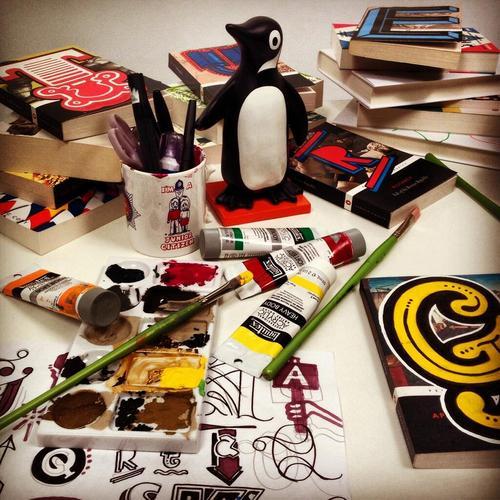
Coming soon, the Penguin street art series!
6 notes
·
View notes
Text
Twitter Needs Trial Follows
I wish social media services had a trial function at the user level. I’d like to be able to follow someone on a ‘try it and see’ basis. Ideally that would be the default behaviour. After a week or a month I’d be prompted – “have you enjoyed following this person?” – and given a choice about whether to continue to follow them. That way I wouldn’t have ended up following 400 people on Twitter and finding my stream boring and overwhelming. My stream would consist of the core group of people who I enjoy following. Same idea with Tumblr, Instagram, etc.
I think this would be good for everyone. Particularly for businesses and artists – people looking to use social media to grow their audience – since they wouldn’t simply be looking to acquire new followers but to actively keep them. Everyone would need to be more entertaining, insightful, and interesting.
2 notes
·
View notes
Link
Om Malik arguing that the New York Times should fight the scrappy news upstarts not by playing their game, but by rising above:
Now, if they can actually overcome their angst — and it hurts me to say this — they can change the conversation in the media business away from the increasingly shallow content and instead bring the focus back to quality and in-depth journalism, which is their stock in trade. If the New York Times management were feeling bold, it would put $25 million to work on creating 100 other Snow Falls and basically change the reader’s expectations of what long-form digital content and journalism are in the new century.
Snow Fall is fairly amazing.
27 notes
·
View notes
Text
Design
What you do as a graphic designer is you are communicating with people in a language that they don't know they speak.
– Glenn Fleishman (@glennf) in conversation with Craig Mod on The New Disruptors podcast #22
0 notes
